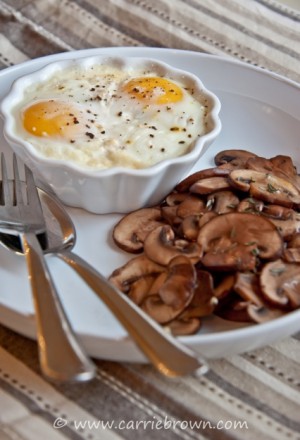
“Attacking the obesity epidemic will involve giving up many old ideas that have not been productive. ‘A calorie is a calorie’ might be a good place to start.” – R.D. Feinman, State University of New York
Beyond battling our basic biology, calorie balancing is bound to fail us because a calorie is not a calorie. The difference in calorie quality is really important. That’s because the quality of the calories we eat influences our hormones. Those in turn determine our set-point. We can control our weight, just not the way you have been led to believe.
The Calories In – Calories Out theory of weight control depends on the assumption that our bodies work like balance scales. Balance scales do not measure quality. On a balance scale, a pound of feathers weighs the same as a pound of lead. Quality is irrelevant. So on a balance scale, 300 calories of vegetables is the same as 300 calories of pasta. The only problem is that the body is not a balance scale.
Let’s look at the issue another way. Breathing in smoke-filled air for thirty years does something different to our respiratory system than breathing in the same quantity of fresh air. In the same fashion, putting 2,000 calories of low-quality food into our fat metabolism system does something different than putting in the same quantity of high-quality food. Quality counts. Our bodies do not work like balance scales.
The quality of calories depends on four fascinating factors:
The more Satisfying, unAggressive, Nutritious, and inEfficienct a calorie is, the higher its quality. The more SANE it is. The more body-fat-burning hormones it triggers. The more it unclogs our metabolism and prevents overeating.
The more unSatisfying, Aggressive, not Nutritious, and Efficient a calorie is, the lower its quality. The more inSANE it is. The more body-fat-storing hormones it triggers. The more it clogs our metabolism and encourages overeating.
The more we understand the four calorie-quality factors, the more clearly we will see how eating more high-quality SANE food is the only practical way to burn body fat long term. When you stay full of SANE food, you will not have any room for clog-causing inSANE calories. When we are totally full from a super-sized SANE supper, skipping the sundae after isn’t a burden. It’s a blessing in disguise. By staying full of SANE calories, we clear our clog, drop our set-point, and enable our fat metabolism system to burn body fat for us automatically.
“…for the vast majority of people, being overweight is not caused by how much they eat but by what they eat. The idea that people get heavy because they consume a high volume of food is a myth. Eating large amounts of the right food is your key to success…” – Joel Fuhrman, Doctor and Author
Sound too good to be true? More supporting science coming-up shortly.